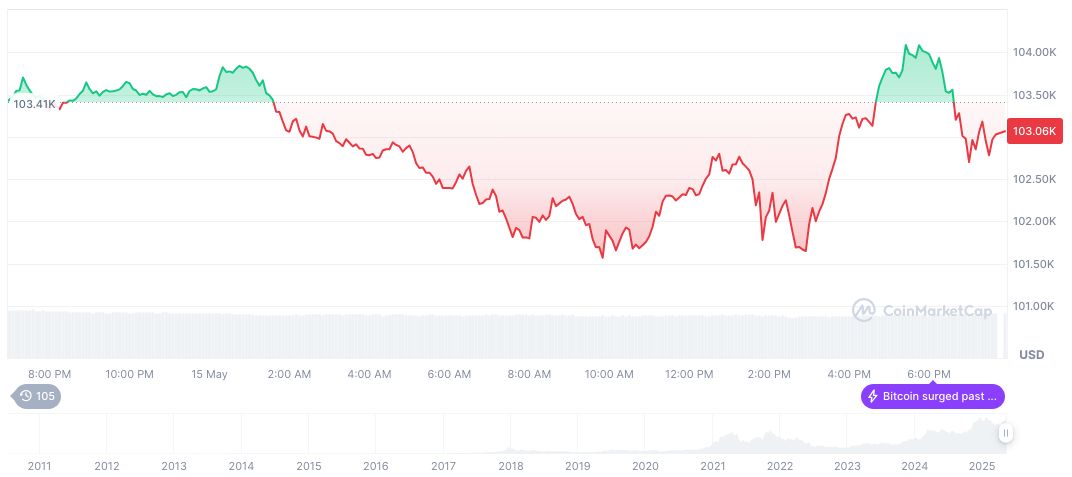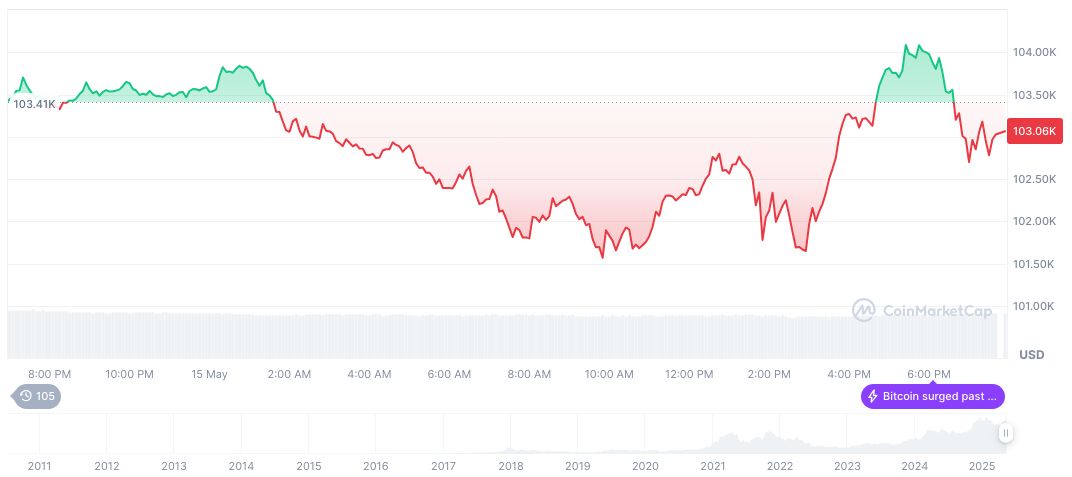- Coinbase faces criticism after security breach impacting user data.
- Crypto detective warns against phone-based 2FA vulnerabilities.
- Experts stress need for enhanced security measures in crypto.
A significant data breach at Coinbase, involving unauthorized access to user information by bribed employees, raises security concerns in the crypto industry. The crypto exchange disclosed no account credentials or funds were compromised.
The breach underscores vulnerabilities in current security protocols, highlighting dangers of phone-based two-factor authentication. According to ZachXBT, misuse of phone numbers can expose users to targeted scams, stressing the need for stronger measures.
Coinbase Data Breach Leads to $34.9M Loss
Coinbase reported a breach where offshore customer support agents, allegedly bribed, accessed and leaked user identification data. Substantial user PII exposure has sparked debates on security practices. ZachXBT has criticized Coinbase’s phone number requirement, noting its risks for technical novices. The platform has responded by advising the use of stronger authentication methods, such as U2F keys, to better protect user accounts.
Immediate impacts are significant, with the breach causing a $34.9 million crypto loss for one user, resulting from scams exploiting the leaked data. This has prompted Coinbase to terminate those involved. While official communications emphasized no funds were directly accessed, affected users reported coinciding theft and scams.
Key reactions highlight widespread concern over reliance on vulnerable authentication methods. Notably, ZachXBT criticized Coinbase for failing to update compliance tools, as scam addresses were not flagged despite multiple instances.
“I suspect that a Coinbase user was scammed out of $34.9 million (400.099 BTC) yesterday. After discovering this scam, I noticed that there have been multiple suspected cases of Coinbase users being scammed in the past two weeks. The funds from each theft were transferred from Bitcoin to Ethereum via Thorchain / Chainflip and exchanged for DAI. Despite these scam addresses appearing in the funds of multiple victims, Coinbase has not flagged these addresses in its compliance tools.” — ZachXBT
Historical Context, Price Data, and Expert Analysis
Did you know? Social engineering tactics, like those seen in the Coinbase breach, have led to damaging financial impacts across the crypto industry, echoing vulnerabilities exposed during the SIM-swap epidemic between 2018-2022.
Bitcoin (BTC) remains the primary target for the scammers with a current price of $103,596.57 and a market capitalization of $2.06 trillion, according to CoinMarketCap. The digital currency saw price changes of 0.90% in the last 24 hours, with a noticeable 23.86% increase over the past 30 days.
The Coincu research team underscores the regulatory need for continuous scrutiny of security practices within crypto exchanges. Enhancing technological defenses could mitigate similar exposure risks, with historical trends advocating for upgraded multi-factor authentication approaches to reinforce user protection.
Source: https://coincu.com/337936-coinbase-breach-security-phone-risk/

